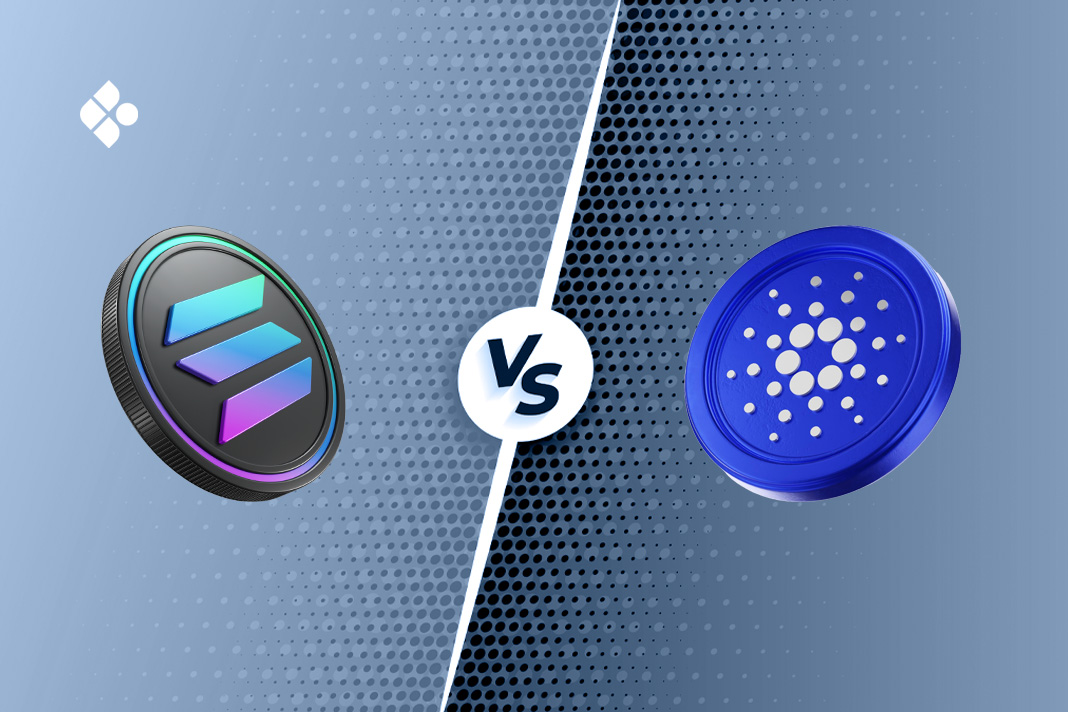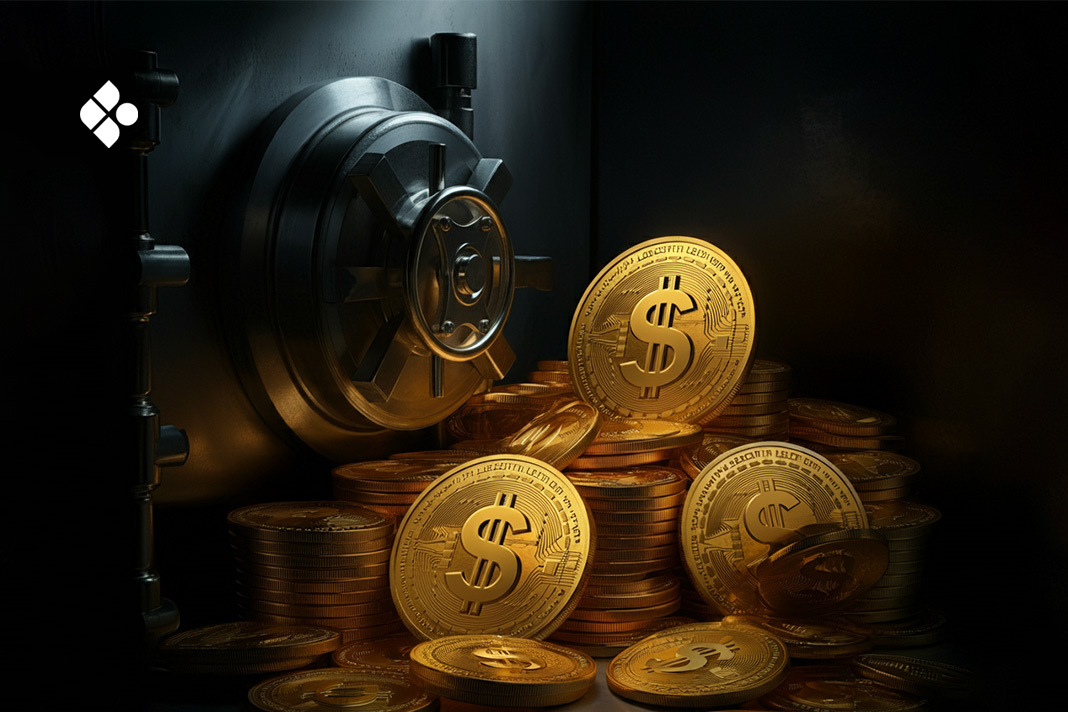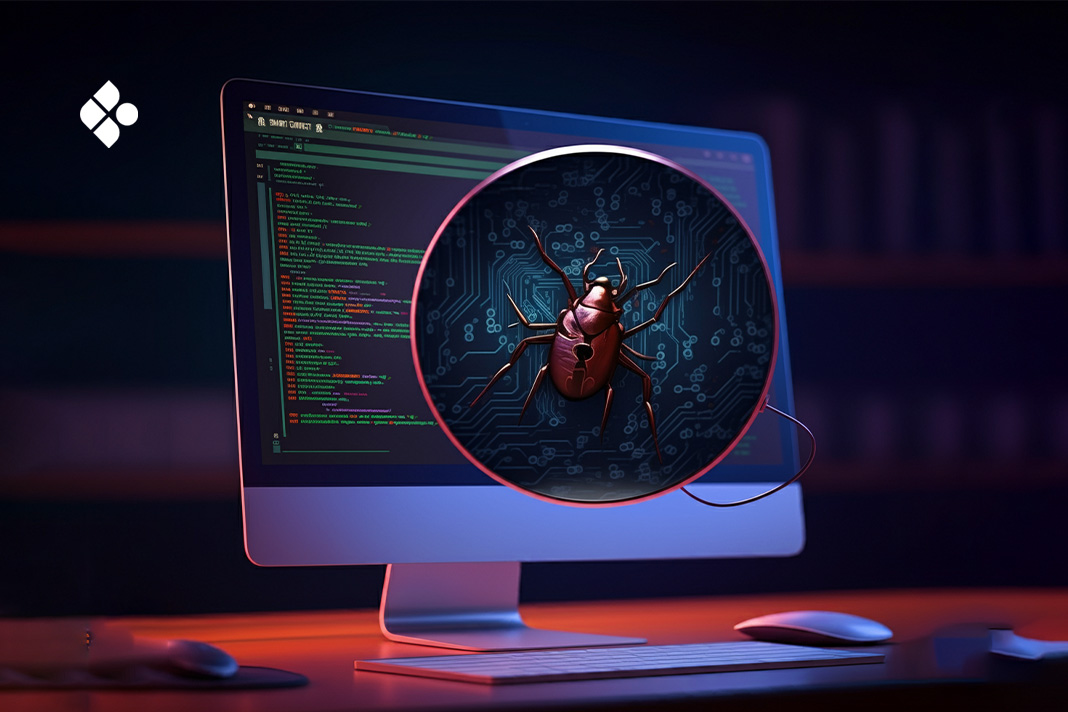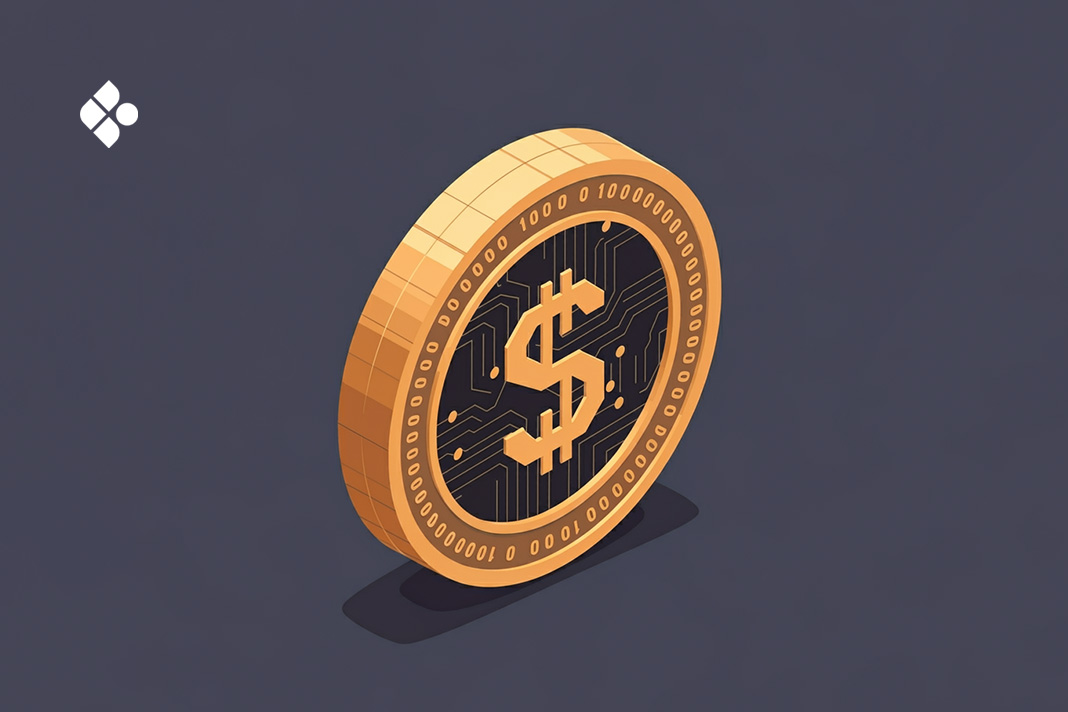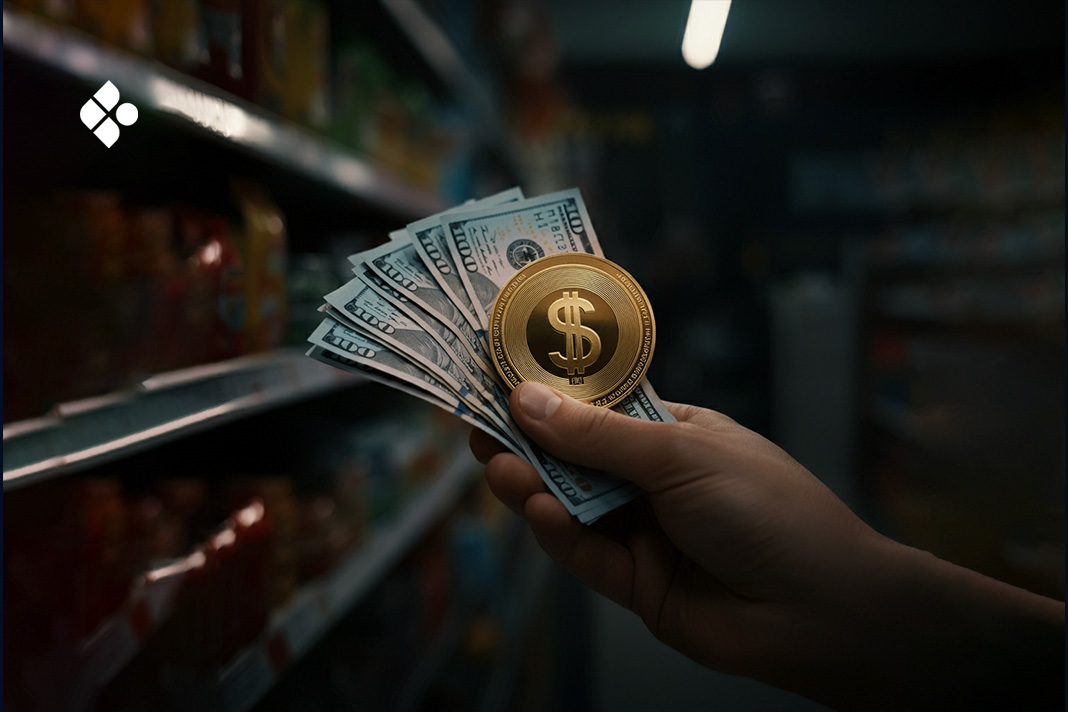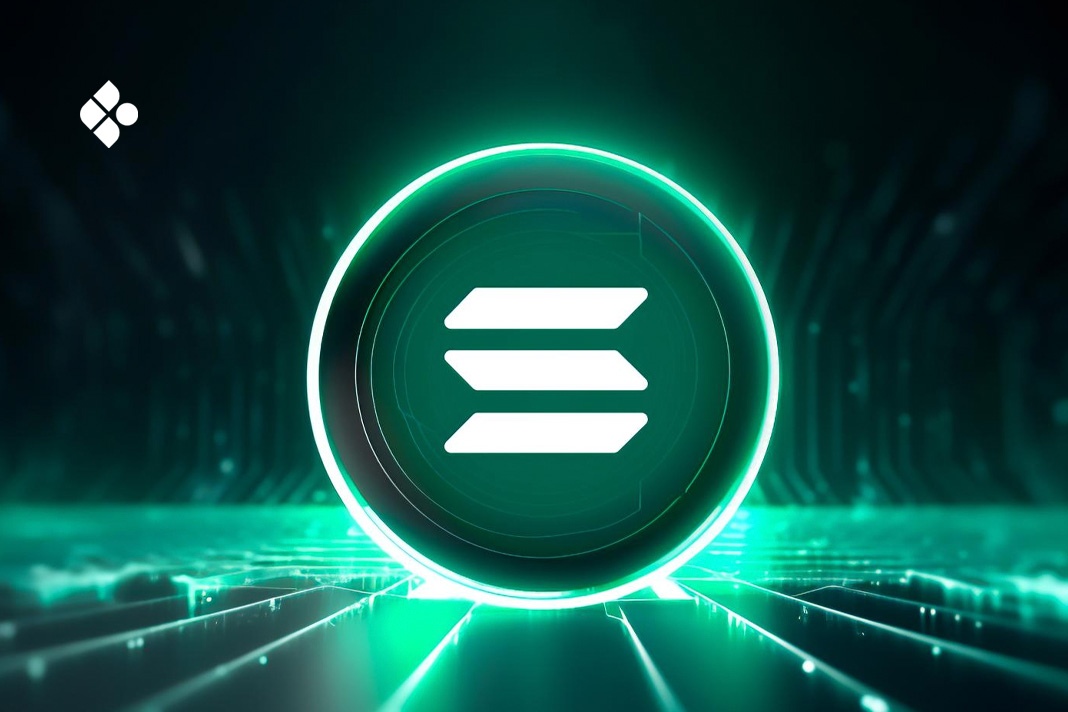Decentralized finance (DeFi) is disrupting the financial world, as we can see, bringing a fresh perspective and giving us more control over our finances than ever before. Whether you are lending, borrowing, or trading, DeFi changes the narrative, and it’s pretty exciting.
But here’s the big question: if you are dabbling into the world of DeFi, which cryptocurrency should you go with—Cardano (ADA) or Solana (SOL)? Both are solid choices, but they bring different things to the table. Let’s compare the two comprehensively, and you can then decide which one fits your style. Ready? Let’s get into it!
The Basics of Cardano and Solana
Cardano
Think of Cardano as the meticulous, nerdy genius who likes to do their homework. Launched by Ethereum co-founder Charles Hoskinson, Cardano is built on academic research and a peer-reviewed approach. The blockchain project is powered by a Proof of Stake (PoS) consensus algorithm mechanism alongside Plutus, its smart contract platform. Cardano has a native currency dubbed ADA, which is used for staking, gas fees and governance participation on the network.
Solana
On the flip side, Solana is the overachieving racer with a heavy focus on speed and breaking records. Designed for high-performance scalability, Solana uses Proof of History (PoH) combined with PoS to process transactions at lightning speeds. Its founder, Anatoly Yakovenko, wanted a blockchain that could handle a global-scale decentralized application (DApp) ecosystem without breaking a sweat. Solana has a native token dubbed SOL.
Head-to-Head Comparison: Cardano vs Solana
- Speed and Scalability
Solana’s attraction is its jaw-dropping speed, handling up to 65,000 transactions per second (TPS). On the other hand, Cardano champions steady growth and isn’t chasing the same high speed as Solana. So, if you value speed and instant transactions, you may find Solana more appealing.
- Decentralisation and Security
Cardano is an avid rule-follower of blockchain technology with its strict adherence to decentralisation and ensuring tight security protocols. Likewise, Solana is a decentralised ecosystem despite leaning on centralised nodes to keep up its speed. However, Cardano excels better than Solana in decentralization.
- Developer Ecosystem
Cardano’s entry barrier for developers can seem high, but it has become more friendly since its Alonzo upgrade. Solana, on the other hand, is more approachable and due to its bustling ecosystem, it has a growing number of DeFi projects and DApps.
- Cost Efficiency
Both blockchains offer low transaction fees, but Solana might take the glory because its high speed contributes immensely to its cost-effectiveness. This is not to say that Cardano is expensive, but it operates much slower, so it cannot compete with Solana on that scale.
Use Cases of Cardano and Solana in DeFi
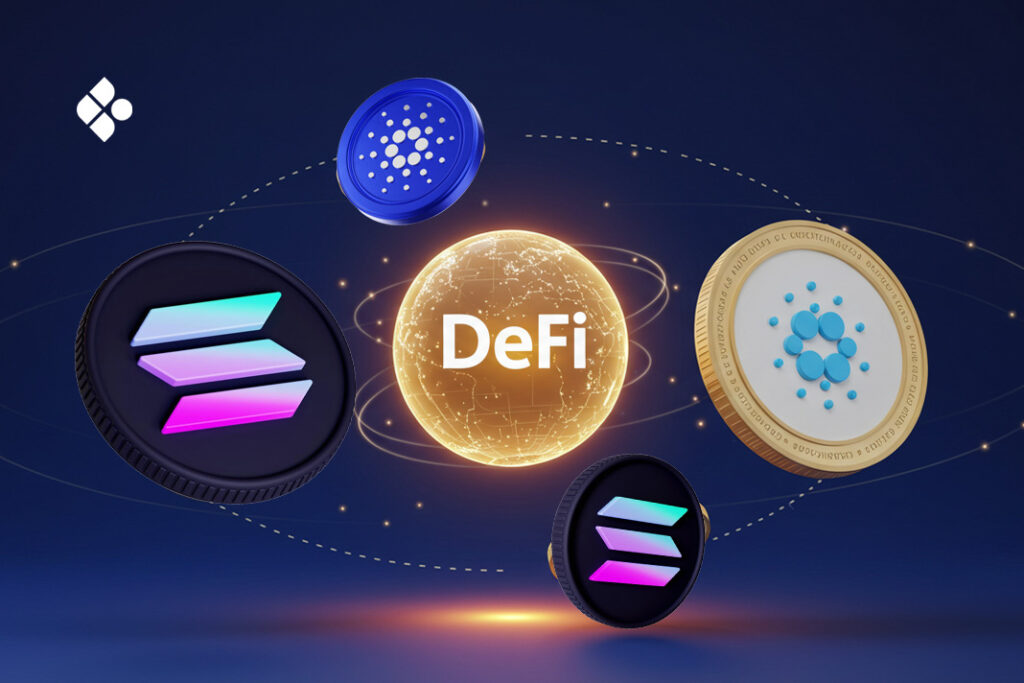
Cardano
Although Cardano’s market share in the DeFi is low compared to Solana, the project has focused on building secure and scalable financial tools for those who appreciate reliability. Some of these projects are MuesliSwap and SundaeSwap.
Solana
Solana is already a thriving ecosystem for DeFi projects. It houses high-performance applications that require real-time transactions. Its popular projects include Serum, Raydium, Jupiter and Mango Markets.
Community and Market Performance: Cardano vs Solana
Cardano’s community is fiercely loyal and is reputed to be one of the most active in blockchain. Solana’s community, driven by its impressive performance metrics, is no less enthusiastic. Both platforms have strong market adoption, but Solana’s rapid rise has grabbed headlines, while Cardano’s slow-and-steady approach appeals to cautious investors.
Challenges and Controversies of Solana and Cardano
Solana’s Achilles’ heel? Network outages. While its speed is impressive, the frequent downtimes have raised eyebrows. On the other hand, Cardano has been criticised for its slow development pace. While its focus on quality over quantity is admirable, it has tested the patience of its investors.
Frequently Asked Questions (FAQs) About The Better Coin for DeFi Projects: Cardano or Solana
Should I invest in Solana or Cardano?
This is not a decision you should make lightly. Both coins are great, but you need to determine what kind of investments you want to make. Solana is perfect for those who value speed, with an enthusiastic and thriving community of developers and investors.
Meanwhile, Cardano is a slow-burner, focusing more on true decentralisation and security. It is not going at Solana’s speed but offers a more solid and reliable ecosystem. So, based on this short overview of both coins, you should do more research and go in the direction that suits you best.
Which coin is better than Solana?
This answer would depend highly on your metrics for judging a better-performing coin. Cardano, for example, is often compared to Solana, with many loving it for its more meticulous approach and scalability.
Some investors may be interested in Cardano’s strict adherence to decentralisation and security, while others may appreciate Solana’s speed better. It all comes down to what you consider important in a coin, so if Solana’s unique selling points do not appeal to you, you may want to consider other options like Cardano.
Does Cardano have a future?
Based on expert opinion and my research, Cardano does have a future. It is considered a coin with strong use cases and a thriving community. It is committed to building a reliable scalable, completely decentralised ecosystem.
Is Cardano more secure than Solana?
Cardano may be more secure than Solana as it is a truly decentralised ecosystem. Meanwhile, Solana uses some centralised nodes to maintain its speed. Solana is also prone to more network outages, and its frequent downtimes have not been received well.
Conclusion
From the foregoing, which is the better bet for DeFi? The answer depends on your priorities. Solana is your pick if you’re after blazing-fast transactions and a growing ecosystem. But if decentralisation, security, and long-term reliability are your jam, Cardano is worth the wait.
DeFi is an interesting field, and using the right coin to navigate through is super important. You may want to do more research and maybe even play around with both coins to see which one works best if you’re still unsure. Good luck!

